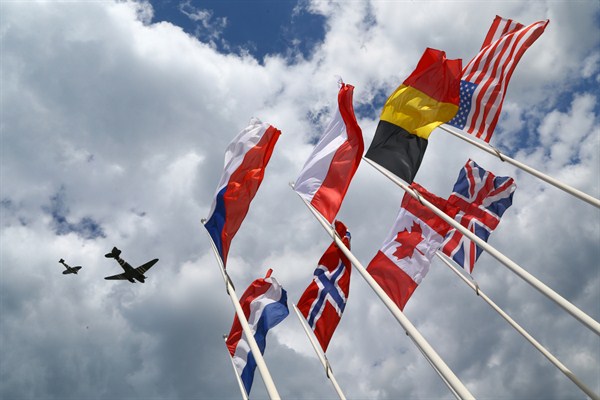Can the norms and institutions of liberal democracy still effectively arbitrate the issues driving debate in Western democracies?
The ideological movements roiling politics throughout Europe and the United States have been seen as a popular backlash against the elite technocratic policy consensus of Third Way globalization. But in some ways, they portend a new form of contesting politics that is fundamentally incompatible with the premises on which liberal democracy is based. These movements may be working within the system to achieve their aims for now, but in the long run, the battles they seek to join could represent existential threats to the system itself.
The tenets of liberal democracy are anchored by a quasi-religious commitment to political pluralism—the peaceful coexistence of opposing views, with decisions determined through votes and not violence. The spectrum of desired outcomes ranges from consensus at one extreme to alternating political power between ideological competitors at the other, with negotiated settlements among opposing interests somewhere in the middle. A school of thought known as agonism has also emerged to suggest that unresolved political tensions and conflict can contribute positively to the health of a democracy, provided they remain in the political arena.

